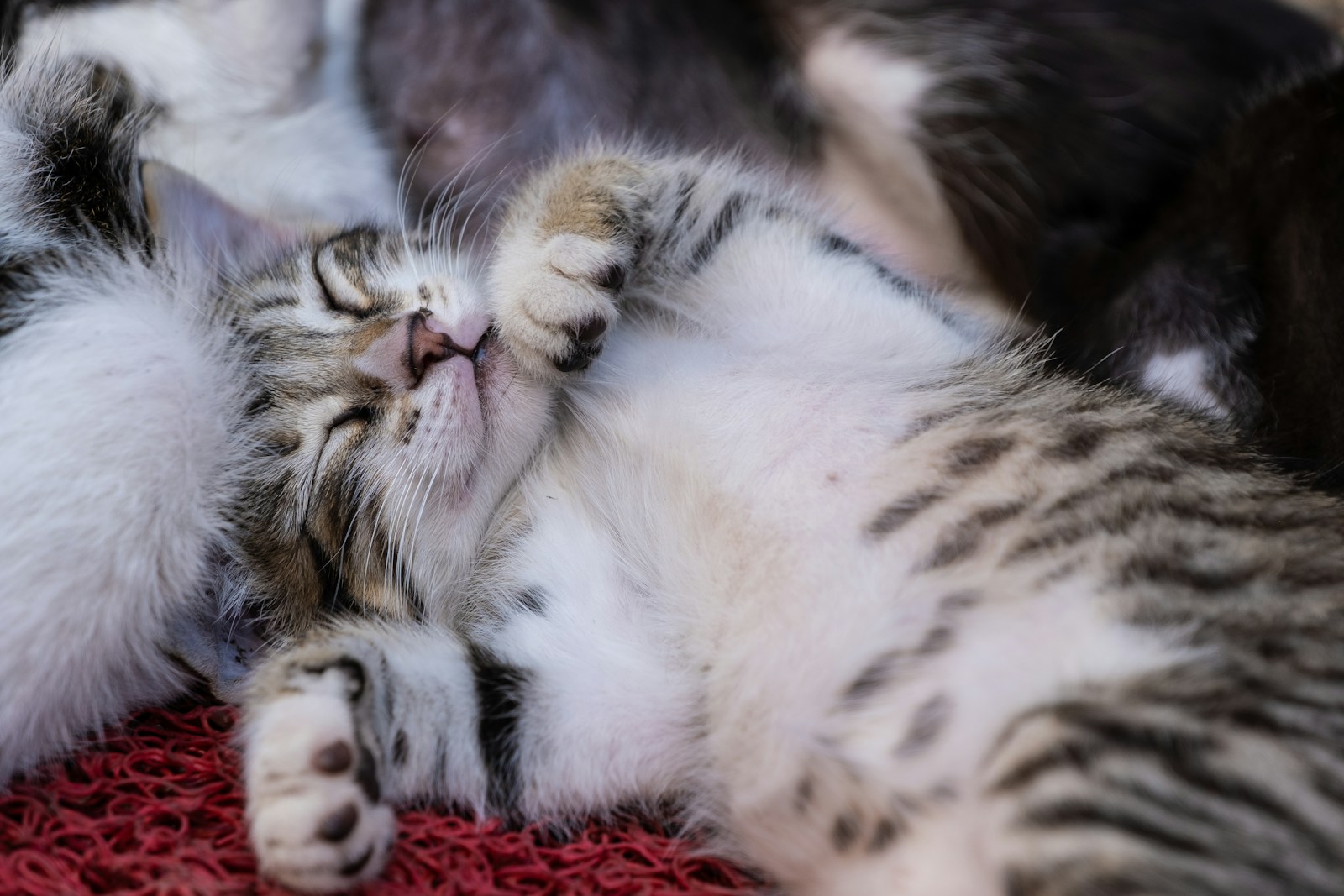
juguetón

playful
Juguetón translates to 'playful'. It refers to a person who is fond of playing, amusing and lighthearted. For example, 'El niño es juguetón' translates to 'The child is playful'.
Example sentences using: juguetón
El osito de peluche parecía juguetón.

The teddy bear seemed playful.
In this example, 'juguetón' is used to anthropomorphize an inanimate object, making 'el osito de peluche' (the teddy bear) seem as if it has a playful personality.
El perro de Pedro es muy juguetón.

Pedro's dog is very playful.
In this sentence, 'juguetón' is used as an adjective to describe 'el perro' (the dog). It denotes a playful or frolicsome nature of Pedro's dog.
El niño juguetón corre por el parque.

The playful boy runs through the park.
None
Mi gatito es juguetón y cariñoso.

My kitten is playful and affectionate.
In this sentence, 'juguetón' emphasizes the kitten's playful behavior. It's used along with another adjective 'cariñoso' (affectionate) to fully describe the kitten's character.
El mono juguetón trepa el árbol.

The playful monkey climbs the tree.
Here, 'juguetón' is used to point out the abounding energy and mischievous behavior of 'el mono' (the monkey).
Tomás es un niño muy juguetón.

Tomás is a very playful boy.
In this case, 'juguetón' describes the characteristic of Tomás - that he is playful, indicating that he enjoys playing and is active.
El cachorro juguetón juega con la pelota.

The playful puppy plays with the ball.
In this instance, 'juguetón' qualifies 'el cachorro' (the puppy), illustrating the puppy's playful nature while interacting with a ball.
Ella tiene un carácter juguetón.

She has a playful character.
Here, the term 'juguetón' is applied to a person's character, meaning the person tends to be energetic, lively, and enjoys having fun.
El delfín juguetón hizo trucos para el público.

The playful dolphin did tricks for the audience.
In this context, 'juguetón' portrays the dolphin's playful and lively behavior as it performs tricks.
Tengo un caballo muy juguetón.

I have a very playful horse.
In this sentence, 'juguetón' is used to describe the horse's nature implying that the horse loves to frolic and is energetic.